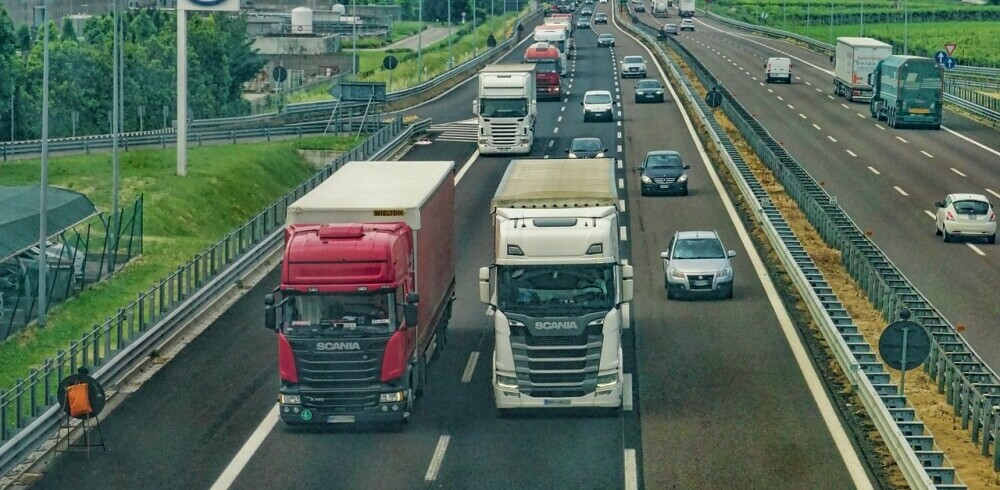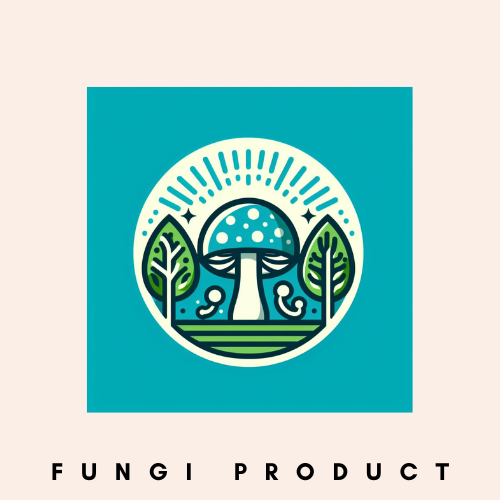I’m going to take you through a steadily rising trend in the transportation sector:
eco-friendliness. It’s not just a buzzword … it represents a critical pivot toward sustainable practices across the globe. You’re going to find out about the various ways industries are trying to reduce their carbon footprint, and how innovative solutions like mycelium-based pallets are gaining ground.
The concept of transportation isn’t just about getting from point A to B anymore.
It’s also about how we minimize environmental impact while doing so. From electric cars to bicycles, from public transit systems to carpools, the options for eco-friendly travel are expanding. They’re not just good for Mother Earth … many of these options can also be gentler
on your wallet.
But let’s look beyond the means of moving people. Consider the movement of goods.
Every single day, countless products are shipped worldwide, typically on pallets made of plastic or wood. Now, there’s a big shift happening under our noses. And can you imagine it’s being driven by something as unassuming as fungus.
This brings me to mycelium, the unsung hero of the fungal world. Mycelium is a vast network of threads that produce mushrooms and is raising eyebrows for its potential beyond the natural world. Its unique characteristics, such as being lightweight, strong, and biodegradable, are turning it into an eco-warrior’s dream material for transport pallets, which we’ll dive into in the next section.

Mycelium-Based Pallets: A Revolutionary Material
I’m going to clue you in on something exciting: pallets made from mycelium !
These aren’t your average transport platforms; they’re a bold step towards a more sustainable future. Until now, pallets have largely been crafted from plastic or wood, presenting environmental and sustainability challenges.
That’s going to include considering the staggering number of pallets used worldwide for transport. It is not just about the immediate benefits, but the long-term impact these eco-friendly alternatives could have. Mycelium-based pallets are a win-win for the environment and businesses looking to green their supply chains.
You’re going to find out about how mycelium compares to plastic and wood, with a look at its defining traits. Mycelium isn’t just strong and lightweight, on top it’s also biodegradable.
When these pallets reach the end of their lives, they break down naturally, unlike plastic that lingers for centuries or wood that can contribute to deforestation.
In my opinion, these advancements in material science are nothing short of revolutionary.
With every prototype and successful small-scale implementation, we move closer to making
eco-friendly transportation not just a possibility, but the norm.
Currently, the main focus is on perfecting the production process for these mycelium-based marvels. If you’re thinking about what that entails, imagine scientists and engineers meticulously working to ensure consistency, resilience, and durability to meet, if not surpass, the industry standards that wood and plastic pallets currently abide by.
Challenges and Progress in the Production of Mycelium Pallets
I’m going to take you through some of the hurdles and advances that mycelium-based pallets are encountering. As with any new technology, the journey from concept to commercial success is paved with challenges. Right now, the production process of mycelium-based pallets is one such challenge.
It is a big deal for these pallets to make it into warehouses around the world, they have to meet some pretty stringent industry standards. We’re talking about standards for durability and strength that ensure they can reliably carry goods across the globe without falling apart.
But how far are we now ? There have been some noteworthy breakthroughs. Innovators are working intense to refine how these fungal threads are grown and bonded into pallets.
They’re also exploring the best specifications for mycelium production to optimize quality.
Yet, it’s not all about growing the perfect mycelium – there’s also the scale to consider. They’re maneuvering through the complexities of scaling production. It’s like trying to bake a thousand cakes in an oven built for one. They have to think ‘ factory-size big’. And that means solving the
puzzle of mass production while still being environmentally responsible.
There are hopeful signs they’re getting there, with prototypes that are starting to tick the boxes for what the industry needs. Do not worry too much about whether they’re going to make it to mass market just yet. With continuous refinement and innovation, there’s good reason to be optimistic about the future of this technology.

The Future of Sustainable Transport Packaging
Mycelium-based pallets are part of a testament to our commitment to the planet.
We will find out about their potential to revolutionize the packaging industry without leaving a lasting footprint on the environment.
If you want to make a difference, it’s crucial to stay informed. Mycelium pallets have the potential to significantly reduce the use of harmful materials like plastic. Imagine a world where the bulk of our goods are transported on materials that, once discarded, naturally decompose without harming the earth.
Don’t worry too much about the current limitations. Every new invention goes through growing pains, and mycelium pallets are no different. Considering their weight and strength, there are certainly tweaks to be made, but the outlook is promising. We’re observing a strategic balance of nature’s offerings with human ingenuity.
The mass production capabilities of mycelium pallets are not a distant dream. With dedicated research and development, we’re moving towards a future where sustainable practices are at the forefront of our industrial processes. Partnerships among scientists, environmentalists, and industry leaders are key to making this vision a reality.
I really hope that you’re as excited as I am about this breakthrough. It’s not just an environmental cause. It is an economical and ethical matter. Join me in keeping an eye on this evolving field, because the choices we champion today are shaping the world of tomorrow.
André Raymond

